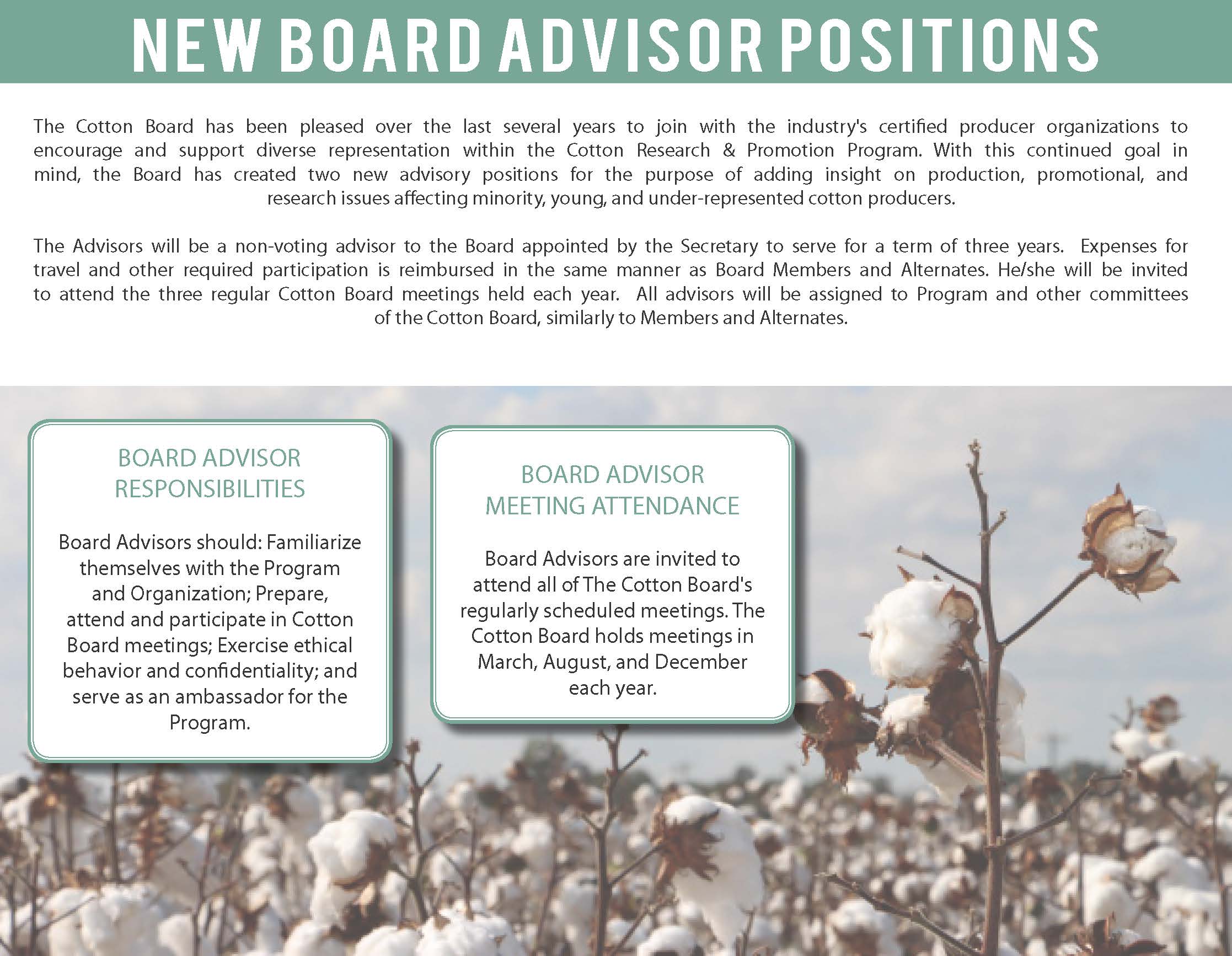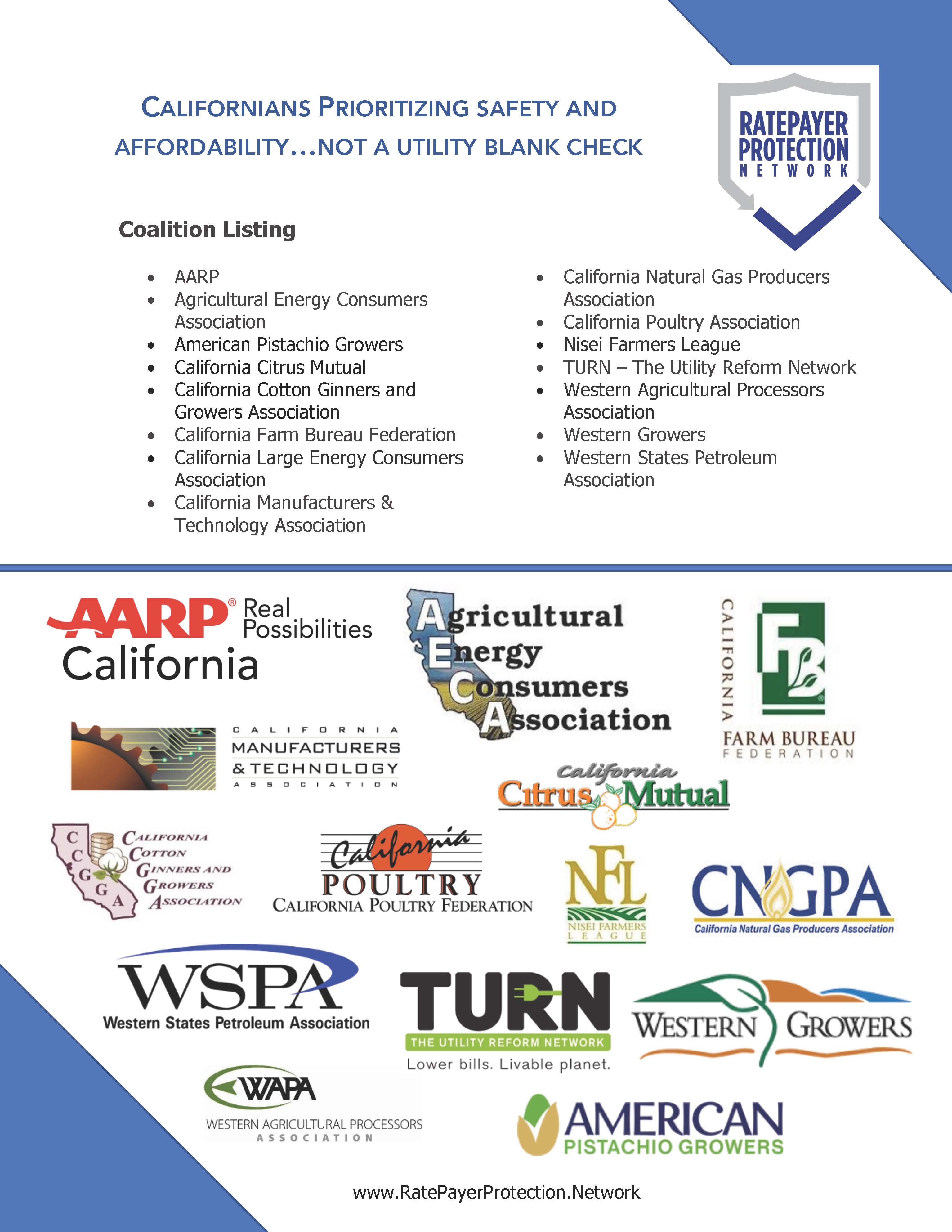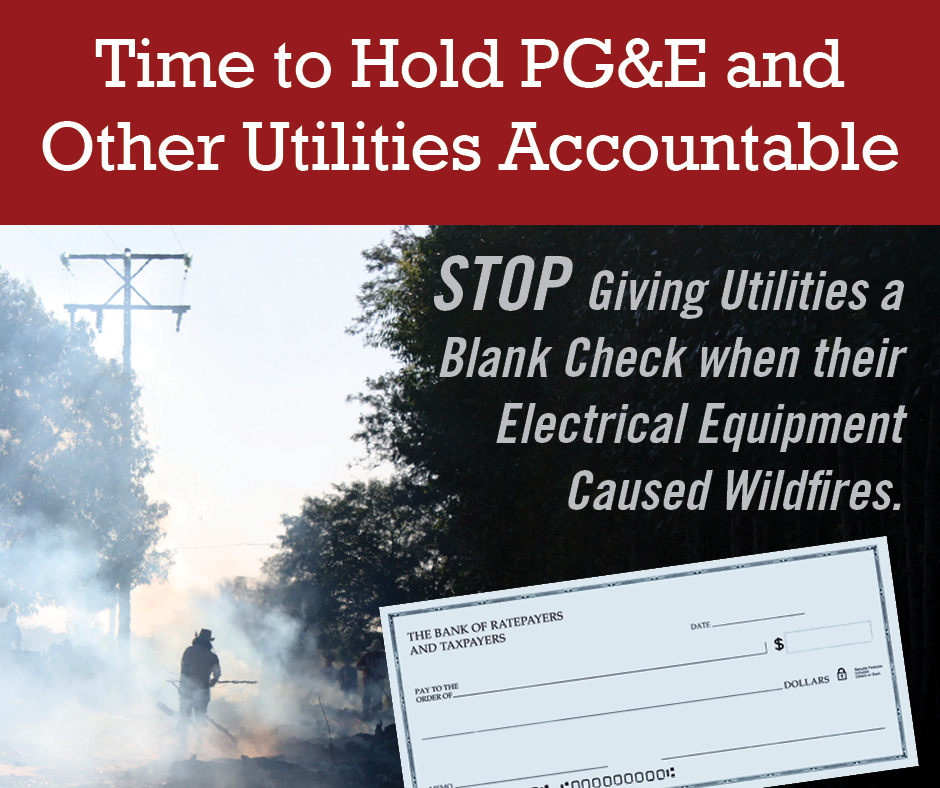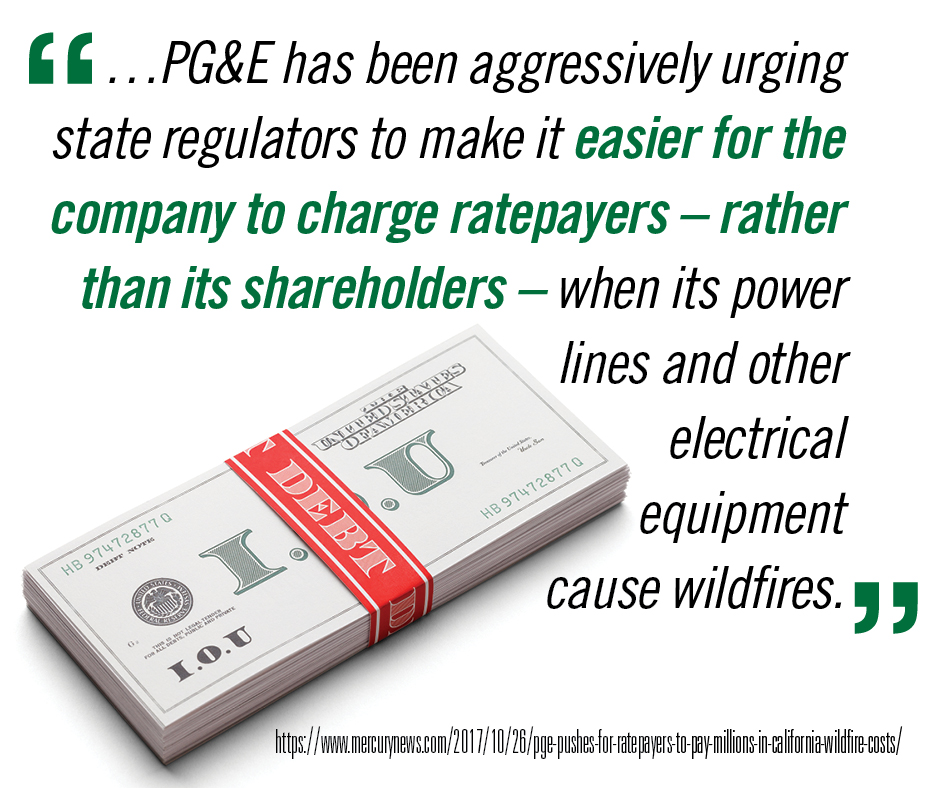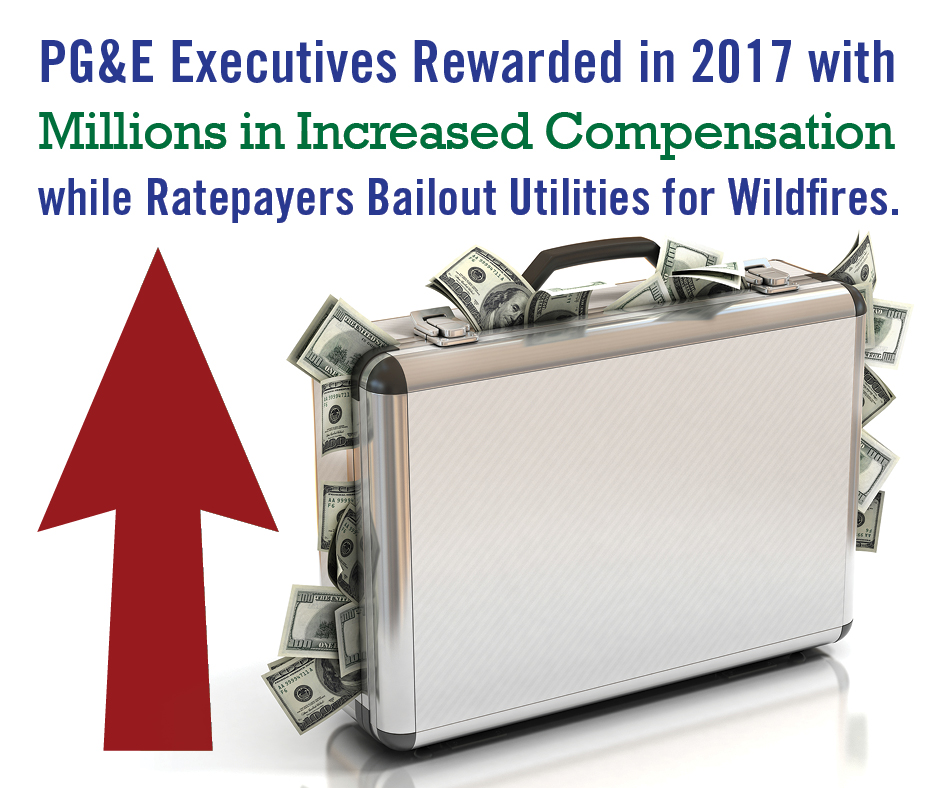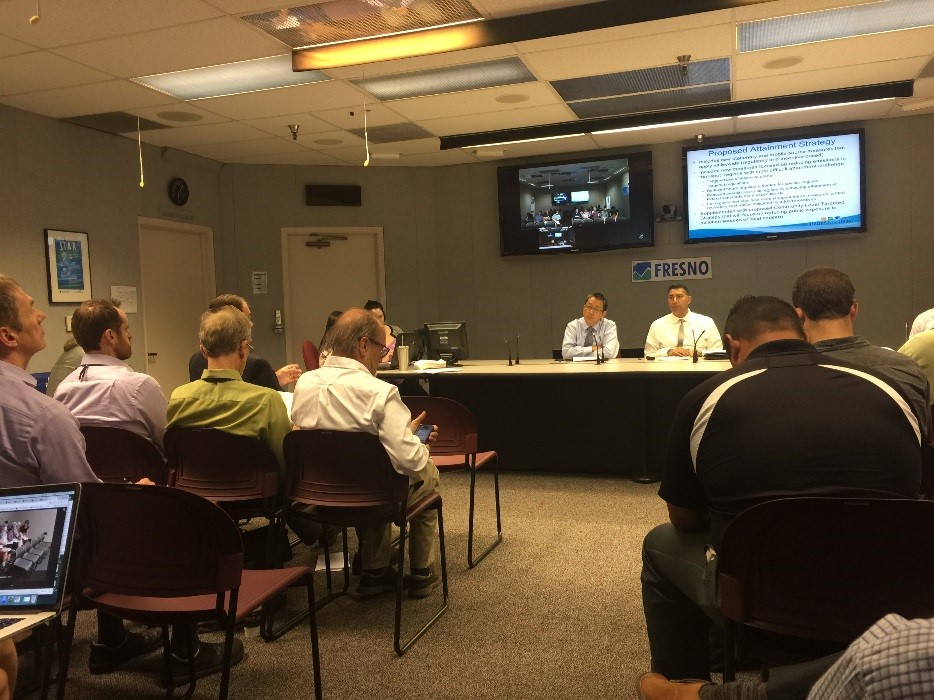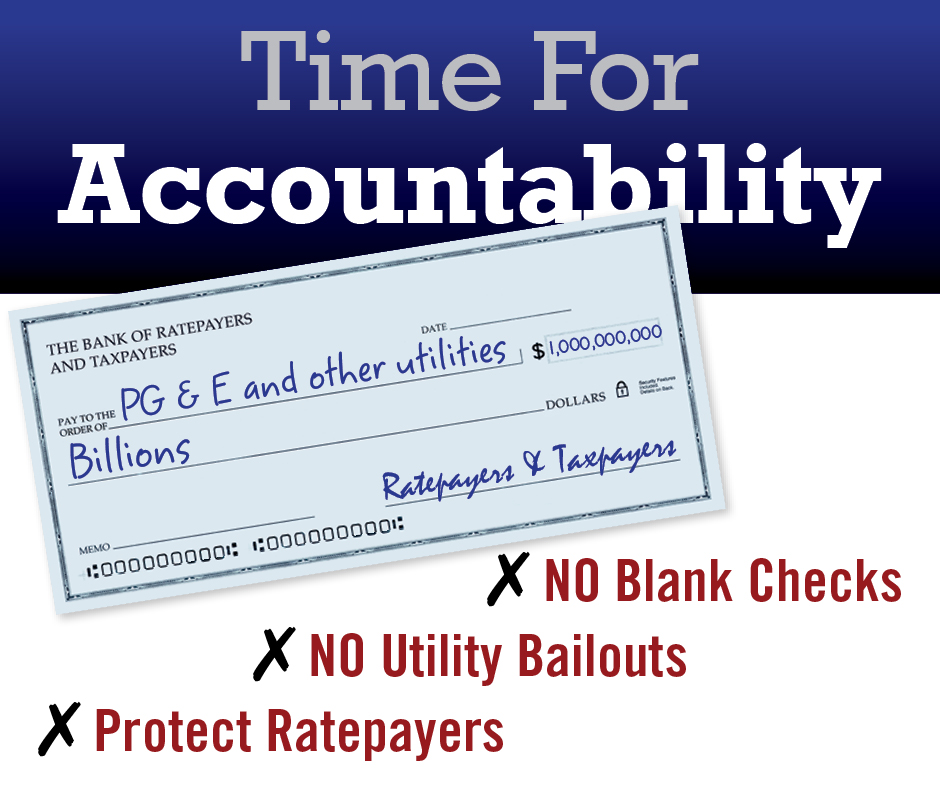In July the Ratepayer Protection Network group was established to protect ratepayers, improve wildfire preparedness and response and advocate on behalf of ratepayers as Sacramento considers new policies to deal with California wildfires. The California Cotton Ginners and Growers Association has joined the Ratepayer Protection Network to help make sure our issues are addressed.
Responding to the escalating number and costs of California wildfires, the State Legislature formed a Conference Committee on Wildfire Preparedness and Response, responsible for improving rules for utilities to prevent, mitigate and respond to wildfires caused by utility equipment.
This Conference Committee will set the stage for how California handles future major incidents, including who is held accountable for covering the costs of catastrophic wildfires. They will be meeting throughout August to discuss various topics.
As you are well aware, we Californians already pay some of the highest utility rates in the country. It is likely that current legislation would worsen these burdens by providing a bailout for utilities and major new costs – all at the expense of California families and businesses. The Ratepayer Protection Network is giving a voice to ratepayers.
California’s ratepayers urge the Conference Committee to protect ratepayers from these unfair impacts and hold utilities and their shareholders accountable for making their systems safer.
To learn more about the Ratepayer Protection Networks please visit: www.RatepayerProtection.Network
